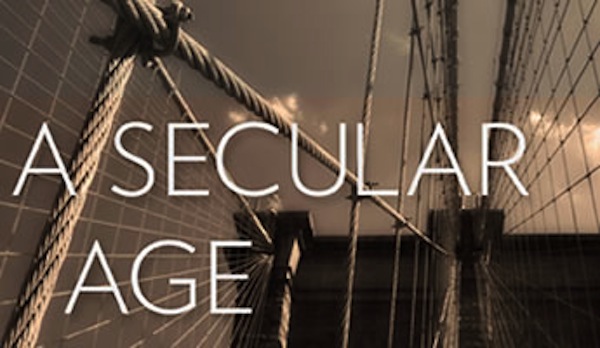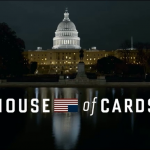I’m reviewing James K.A. Smith’s new book, Imagining the Kingdom: How Worship Works, for the next issue of Fare Forward. Unfortunately, in a relatively brief review there is not space to consider every interesting turn in a text which, though a short book, is very thick conceptually. This reflection centers around some thoughts I wasn’t able to fit into my print review. In his Cultural Liturgies series, Smith is interested in the ways that our social, embodied practices form us... Read more















